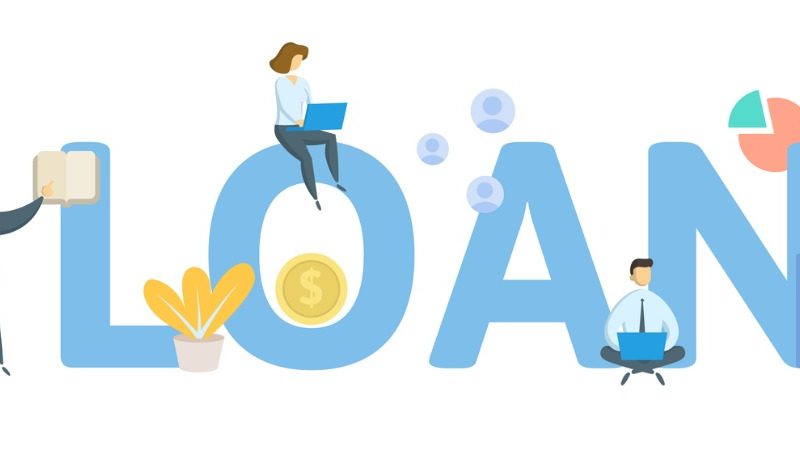How to deal with debt collectors – including your rights and privacy
There’s nothing like owning a ferocious guard dog for dealing with debt collectors. Chomp, chomp, chomp. There goes the arm of that dastardly fella.
No, no, no. Stop there. Kiwis consider debt collectors to be a lower form of life. Regardless, setting the dog on them isn’t going to solve your problems – it’ll just make them worse. Debt collectors don’t even taste that nice.
We know it’s common behaviour to stick your head in the sand when you can’t (or forget to) pay a bill. But leaving all those envelopes unopened or sneaking around to avoid the debt collector isn’t going to make your money problems go away. Leaving it just makes the debt more expensive because you may have to pay the collection fees.
The only way for things to get better is to take action. That can include:
Knowing your rights
Debt collectors can’t just break your door down or take your car because they feel like it. We’re not living in the 19th century where you could be sent to the poor house. By law debt collectors can’t use physical force, coercion, or unreasonably harass your family. They can’t mislead or deceive you or take advantage of vulnerability such as a disability. They certainly can’t tell your family, friends, or employer about your debt without your consent. And they can’t charge unreasonable debt collection fees. If they do any of this nasty stuff you’ve got the right to complain. That can be to the Office of the Privacy Commissioner if the debt collector has broken the privacy laws or the courts if the Credit Contracts and Consumer Finance Act or the Fair Trading Act is breached by, for example, claiming unreasonable debt collection fees or misleading you into believing that you are required to pay fees when you are not. For more information visit the government’s Consumer Protection website.
Check everything
The Commerce Commission occasionally gets complaints about debt collectors, such as misrepresentations about the right to collect the debt as well as incorrect debt amounts. So make sure you read all the paperwork, including your original contract, and check your bank statements to see if you have made payments. If anything seems amiss go to your local Citizens Advice Bureau or Community Law Centre for advice. (Not the Commerce Commission, as it doesn’t give legal advice to individuals.)
See a budget adviser
It’s hard, really hard, to think straight with a debt collector breathing down your neck. Budget advisers don’t charge and may have ideas you’ve never thought of or contacts that can help. The New Zealand Federation of Family Budgeting Services can put you in contact with a local adviser in most towns and cities or look under ‘Budget Advice’ in the White Pages. Credit Unions and churches often provide budgeting advice as well and can help coach you financially so that you don’t get into the same mess again.
Negotiate
Under the Credit Contracts and Consumer Finance Act, lenders must consider a ‘hardship application’, but you need to get in first before it’s too late. Once your debt has been passed to the debt collectors this becomes a whole lot harder. Budget advisers will often negotiate with your creditors on your behalf. If not, front up yourself in person or by phone with payment plan that you can meet.
Insolvency
If your finances are a dog’s breakfast and you think you have no hope of ever paying your debts down, the answer could be a Summary Instalment Order (SIO) or the No Asset Procedure (NAP). A SIO is a debt repayment plan agreed by the Insolvency and Trustee Service, which allows you to pay your debts in instalments over three years. You can’t be chased in the meantime providing you stick to your agreement. If you still can’t pay, you could apply for the NAP, which is a simple form of insolvency and could wipe away up to $47,000 of debts. If you use the NAP there are some consequences. For example, you won’t be able to borrow more than $1,000 during the period of the NAP, and the NAP stays on your credit record for up to four years after the discharge from the NAP, making it hard to open bank accounts, take out insurance, rent a home, or get a job. It also affects your credit score. Sometimes learning from the grind of paying off debt may be more useful long term than walking away. Don’t make a decision until you’ve seen a budget adviser.
Know your rights when it comes to dealing with debt collectors. And whatever you do, don’t stick your head in the sand. People can climb their way out of all sorts of financial holes. But only by taking action. If nothing else, call a budget adviser today for free on 0508 283 438.
Credit Simple
Credit Simple gives all Kiwis free access to their credit score, as well as their detailed credit report. See how your credit score compares by age, gender and community and gain valuable insights into what it all means.
All stories by: Credit Simple


